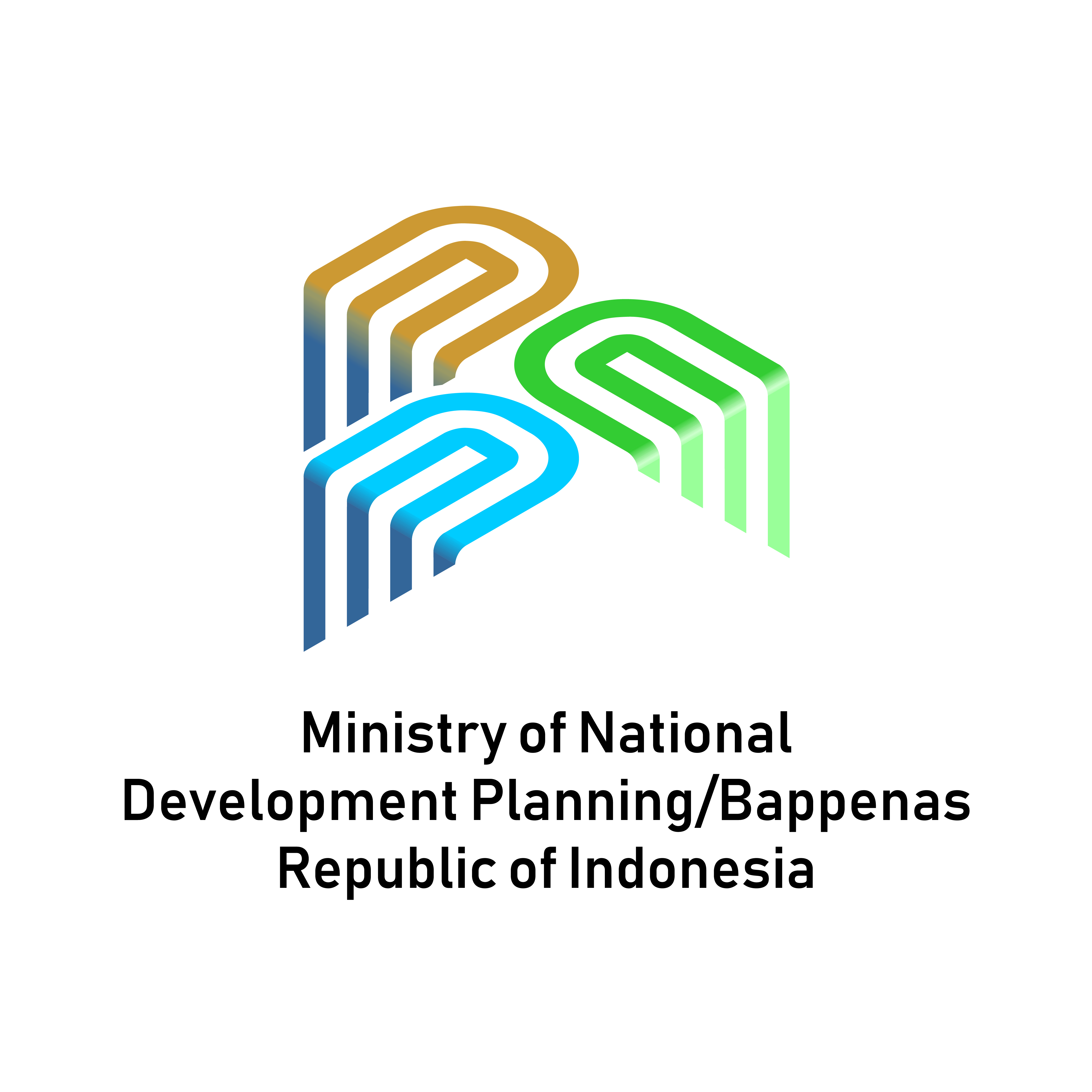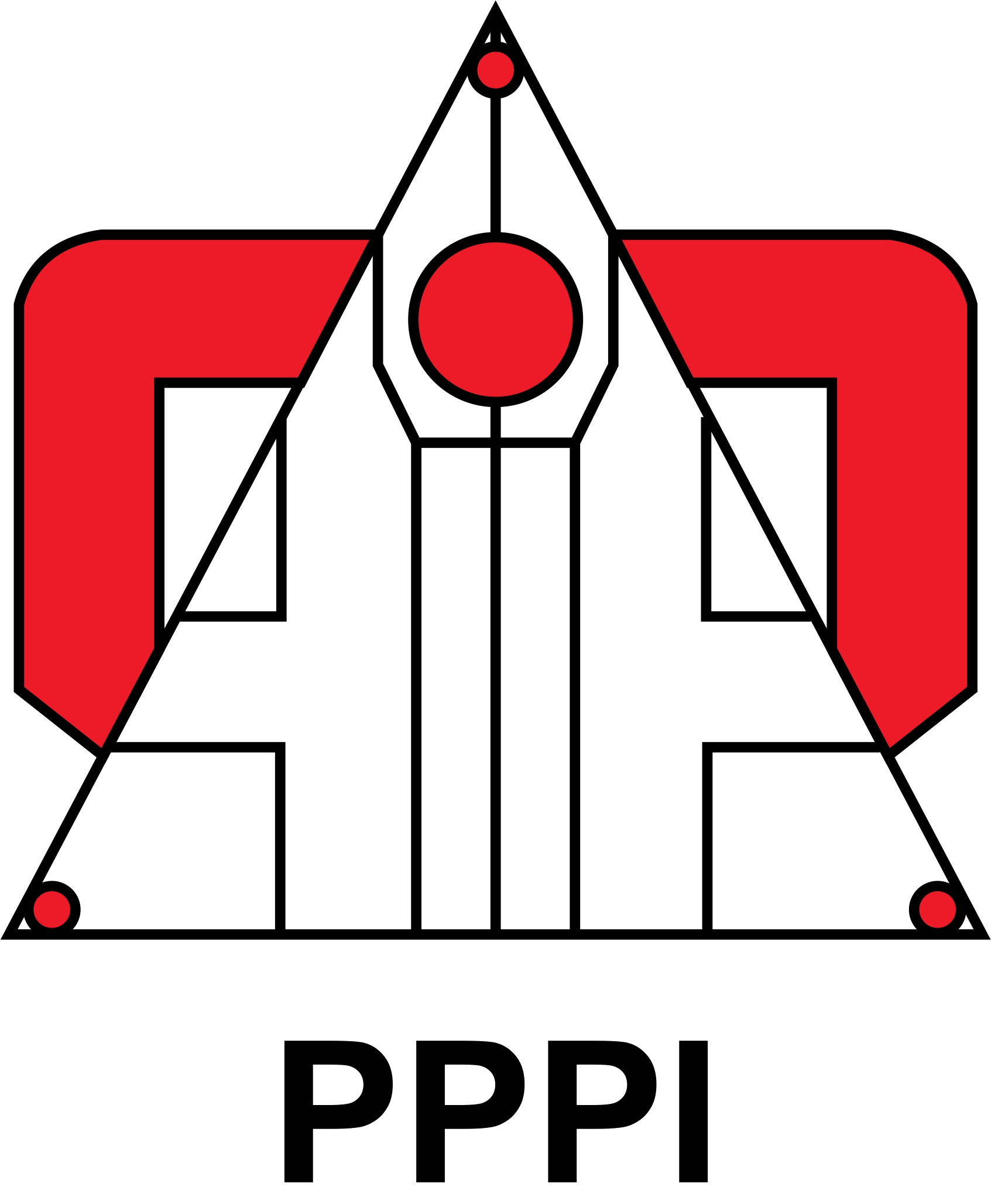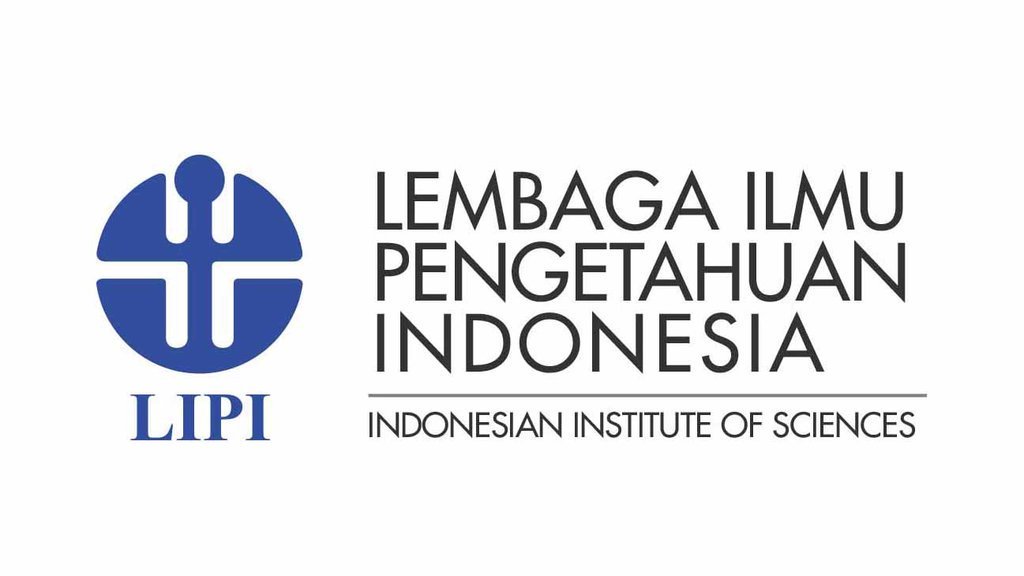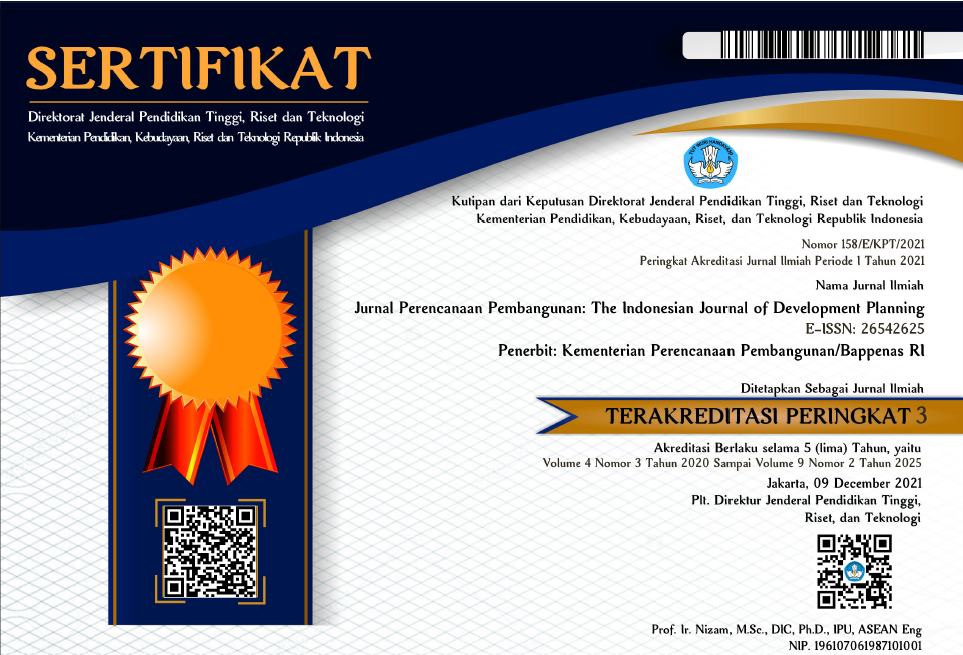Network Governance Towards Development Policy of Podokoyo Tourism Village in Pasuruan regency
DOI:
https://doi.org/10.36574/jpp.v6i2.339Keywords:
network governance, tourism villageAbstract
This article explores the network governance in the development of the Podokoyo Tourism Village, Pasuruan Regency. This study aims to analyze the application of the elements of network governance, which include trust, network goal consensus, need for network-level competencies, the number of participants, outputs, and outcomes of tourism Village development. The study results identify three achievements during the Podokoyo Tourism Village development network, such as the success of having superior Village products, increasing the capacity of Podokoyo Village's human resources in tourism management, and receiving the title of Maslahat Village. Among the obstacles is the lacking role of government elements, particularly the Tourism and Culture Agency and Community and Village Empowerment Agency.
Downloads
References
Antlov, H., Wetterberg, A., & Dharmawan, L. (2016). Village Governance, Community Life, and the 2014 Village Law in Indonesia. Bulletin of Indonesian Economic Studies, 52 (2): 161–183.
Budiyah, Feriani. (2020). Implikasi Pengembangan Desa Wisata terhadap Peningkatan Ekonomi Masyarakat Lokal Studi di Desa Ketenger. Jurna Ekonomi, Bisnis, dan Akuntansi (JEBA), 22 (2):182 -190
Cornailes Lay dan Wawan Masudi. (2005). Perkembangan Kajian Ilmu Pemerintahan. Jurnal Ilmu Sosial dan Ilmu Politik. 2 (9): 225-240
Eko, Sutoro dkk. 2014. Desa Membangun Indonesia. Available from https://www.pdfdrive.com/buku-desa-membangun-indonesia-sutoro-ekopdf-e40995601.html (Accessed July 14, 2022)
IRE and Yayasan TIFA. (2019). Policy Brief (Mengembangkan Ekonomi Desa yang Demokratis). Yogyakarta.
Keith G. Provan, Patrick Kenis. (2008). Modes of Network Governance: Structure, Management, and Effectiveness, Journal of Public Administration Research and Theory. 18 (2): 229–252.
Kementerian Pariwisata dan Ekonomi Kreatif. 2020. Rencana Strategis 2020-2024
Kim, Junki. (2006). Networks, Network Governance, And Networked Networks. International Review of Public Administration. 11 (1): 19-34
Lesmana, Very Yudha. 2019. Podokoyo, Desa Wisata Berbasis Kebudayaan. Stapacenter.org. https://stapacenter.org/2019/02/10/podokoyo-desa-wisata-berbasis-kebudayaan/
Luthfi, Widhi. (2021). Jumlah Desa Wisata Kian Meningkat dan Bentuk Sinergi Banyak Pihak Kelola Potensi Desa. Goodnewsfromindonesia.id. https://www.goodnewsfromindonesia.id/2021/09/07/jumlah-desa-wisata-kian-meningkat-bentuk-sinergi-banyak-pihak-kelola-potensi-desa
Miles, Mattew B., A. Michael Huberman, and Johnny Saldana. 2014. Qualitative Data Analysis: A Methods Sourcebook. California: Sage Publications Inc.
Pambudi, Sulung Satriyo Irkham, Agus Suryono, Endah Setyowati. (2020). Collaborative Governance Towards Development of Eco-Based Tourism Village in Kalipucang Village, Pasuruan Regency. Wacana, Jurnal Sosial dan Humaniora. 23 (2): 1-13.
Pemerintah Kabupaten Pasuruan. 2016. Rencana Induk Pengembangan Kepariwisataan Daerah Tahun 2016-2025
Putra, Dwi Aditya. (2018). Data BPS: Indonesia Miliki 1.734 Desa Wisata. Merdeka.com. https://www.merdeka.com/uang/data-bps-indonesia-miliki-1734-desa-wisata.html
Santosa, Eren Dea Ajeng Inggil. (2015). Pengembangan Objek Pariwisata sebagai Upaya untuk Meningkatkan Ekonomi Lokal (Studi Kasus Objek Wosata Banyu Biru di Kabupaten Pasuruan). Jurnal Administrasi Publik (JAP). 3 (1): 89-95
Silalahi, Ulber. (2012). Metode Penelitian Sosial. Bandung: Refika Aditama.
Yurisma, Dhika Yuan. (2021). Aset Budaya sebagai Konsep Destination Branding Desa Ngadas Kabupaten Malang. Jurnal Bahasa Rupa. 5 (1): 1-9.
Downloads
Published
How to Cite
Issue
Section
License
This is an open-access article distributed under the terms of the Creative Commons Attribution-NonCommercial-ShareAlike 4.0 International License. Copyright © Kementerian PPN/Bappenas RI


















